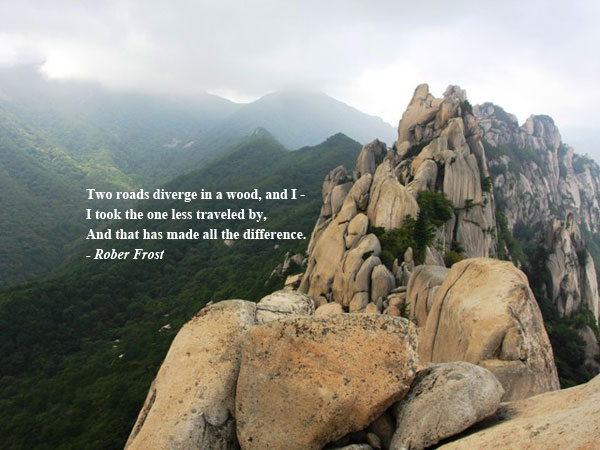Freelancers: An Underrated Source of Critical Talent to Tap (Even During Organizational Change)
“Here are two primary choices in life: to accept conditions as they exist, or accept the responsibility for changing them.”
Denis Waitley (born 1933), is an American motivational speaker and writer, consultant and best-selling author

Image by Edwin Lee
When my children were in college, they focused on attaining skills they would eventually use in their chosen fields. Upon graduation, I naturally assumed that my son would seek full-time employment with a media company, and my daughter would work in the non-profit sector. It never occurred to me that they would both choose lives as freelancers, or as they refer to themselves, “independent contractors.”
I worried out loud about the cost of health insurance, the safety of relying on a steady income, and the stress caused by always looking for your next job. Yet my Gen Y offspring would rather walk into a snake pit than walk into a corporate office. And, they are not alone. According to the Freelancers Union, there are 42 million Americans working independently today, more than four times as many than in 2005. Moreover, our economy is moving toward a “contingent workforce” that could overtake full-time workers by 2020 (Forbes.com, 2013).
These individuals are generally hired by organizations because they are needed for a project for a limited time, and they are knowledgeable and skilled in a specific area or task. There is little concern for proper job-match since independent contractors (ICs) are hired because of their reputation for reliability and for getting the job done effectively and on time.
There are pros and cons in full-time permanent employment as well as in freelance work, but is that gap shrinking?
One reason for the rise in the number of contingent workers is corporate belt-tightening. Hiring freelancers is a cost-effective solution for many businesses. For example, a technology company might need additional developers to complete an assignment on time, or a media organization might seek additional writers or producers while not increasing headcount or offering a benefits package.
Other workers have found that one-time job security is no longer a guarantee in a full-time permanent position, and prolonged unemployment has given rise to new entrepreneurs.
Many Millennials have found it difficult to find full-time employment after college graduation. Some, who have found jobs, have become disillusioned by the sometimes-stifling environment of the corporate world and have consequently left. These “Trophy Kids” who were seen as difficult to manage and non-committal are shifting the nature of work by demanding flexibility in their jobs and schedules, and through their insistence to live the life they want to live. Technology has been a catalyst in this shift by making it possible to perform project-based work from home. For those who prefer working in a group environment, new industries and co-working spaces have emerged to accommodate the freelance lifestyle with companies like NextSpace.
There has been a long-time stigma in our culture that equates freelancing to unemployment, a stigma that is very much outdated. The talent pools of highly skilled contingent workers are rising, as will the competition to hire the best and brightest. For this generation, being proficient and in control of what you do, when you do it, and from where you work, is a fine choice.
Stay tuned next week for Freelancers Part 2, as we explore the following queries:
1. What policies should companies consider, to attract the talents and specialized skill sets of the independent contractors?
2. How should companies avert the we-versus-them mentality between their permanent staff and independent contractors?
Additional Reading Resource:
- http://www.forbes.com/sites/groupthink/2013/07/03/forget-the-jobs-report-focus-on-the-freelance-economy/
- http://www.fastcoexist.com/3025055/how-freelancers-are-redefining-success-to-be-about-value-not-wealth
- http://www.fastcoexist.com/3029933/the-next-big-idea-for-workers-will-come-from-the-old-school-labor-movement
- Freelancers Part 2: Integrating External Talent (Even During Organizational Change) - June 10, 2014
- Freelancers: An Underrated Source of Critical Talent to Tap (Even During Organizational Change) - June 4, 2014
- Engagement: A Top-down Approach - March 25, 2014
- Performance Reviews: The Ugly, the Bad, and the Good - February 4, 2014





